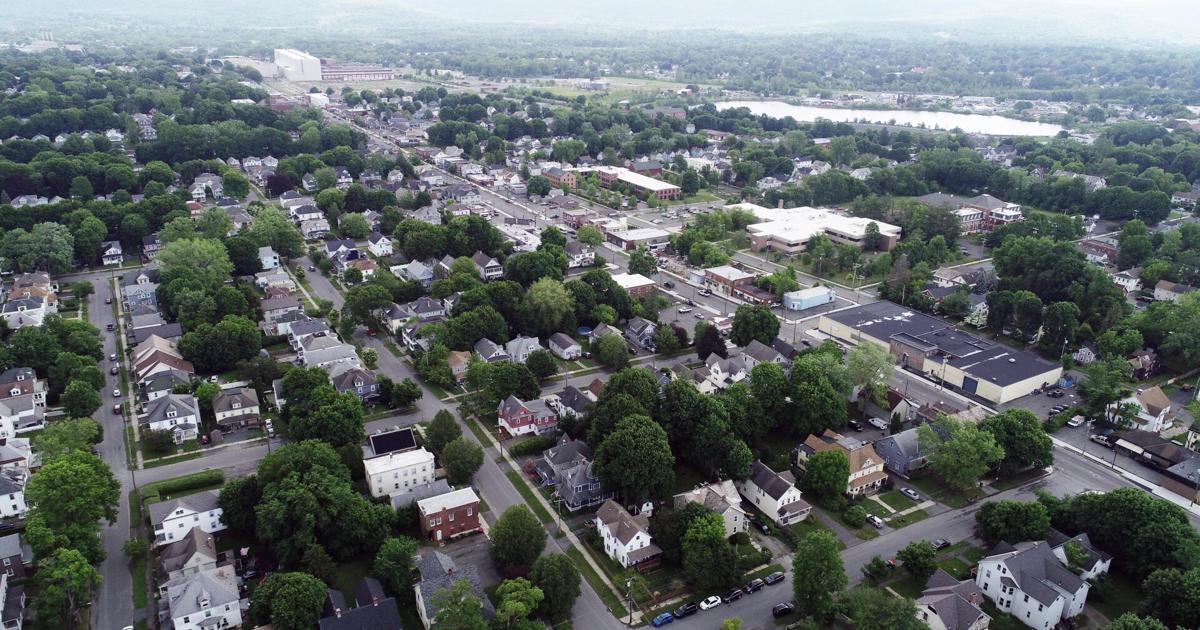By By Maryjane Williams,The Berkshire Eagle
Copyright berkshireeagle

PITTSFIELD — For the first time, short-term rentals in Pittsfield will be governed by city law.
The City Council on Tuesday passed an ordinance creating a framework for licensing, inspections and limits on use. The vote was 10-1, with Councilor Matthew Wrinn opposed.
The new regulations define and legalize short-term rentals — such as those listed on Airbnb or Vrbo — giving the city authority to oversee them amid concerns about noise, enforcement and housing availability.
“We need a lot more housing, and we should be concerned about this, and we should keep track of it,” said Councilor Alisa Costa, explaining why she thinks it’s important to address short-term rentals. “I think we need to balance our need for housing, understanding the market as it goes, as well as protecting tenancy.”
Although short-term rentals are not new in Pittsfield, the city previously had no means of regulating them, meaning they were technically not permitted, according to City Solicitor Devon Grierson.
Under the ordinance, a short-term rental is defined as the paid rental of a residential property or room for 30 consecutive days or fewer, excluding hotels, motels, bed-and-breakfasts and other lodging businesses. Operators must register with the clerk’s office following a zoning site plan review, completion of a licensing application, approval from the building, fire and health departments and a public hearing with the Licensing Board.
Ownership is capped at two short-term rentals per person, as long as they already operate one in their home and the second is more than a half-mile away. The ordinance also requires periodic inspections and compliance with state laws on accessibility and sprinkler systems.
After a lengthy debate, councilors upheld a cap of 150 rental days per year, despite Councilor Dina Lampiasi’s proposed amendment to reduce the cap to 90 days.
City Planner Kevin Rayner said the 150-day cap was meant to strike a balance between protecting neighborhoods and making rentals worthwhile for hosts. “We wanted to balance how many days does it become more of a short-term rental than a housing situation?” he said.
Some hosts, however, argue the cap is too restrictive. In a letter to the council, Taylor and Robert Botto wrote that the 150-day limit is “financially devastating” for their small-scale, owner-occupied rental.
“Capping STR operations at 150 days per year eliminates 215 days of potential income,” they wrote. “For us, STR income is not passive — quite the opposite, actually. … We put a lot of care and preparation into each of the stays of our unit.”
Councilor Earl Persip III suggested asking platforms such as Airbnb to enforce the cap, but no tracking system is currently in place. Rayner said enforcement may depend partly on good-faith reporting by owners, as creating a city-managed database would require significant time and resources.
Zoning enforcement will fall to the building commissioner, while licensing violations may be addressed by the Licensing Board after input from police, fire, health and building departments.
“Some parts of the zoning are harder to enforce than others,” Rayner said. “But it’s more of a guideline for how these things should operate.”



